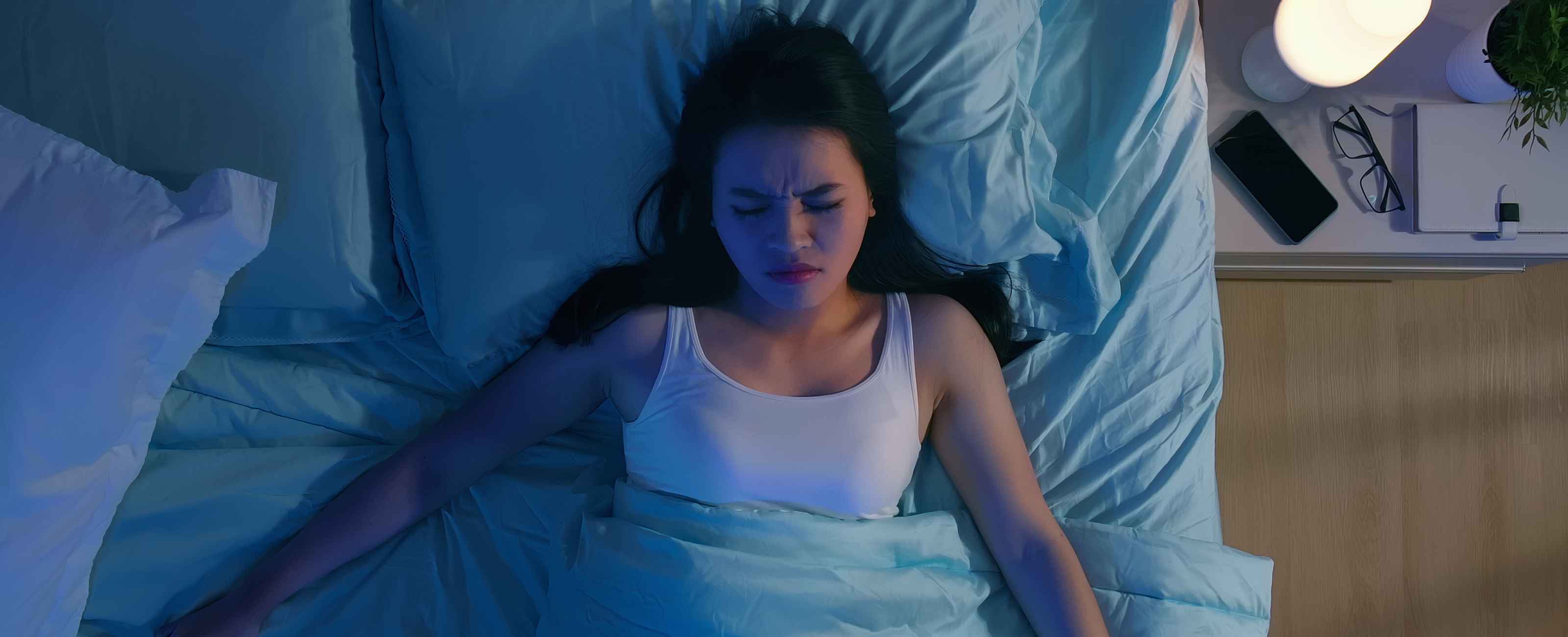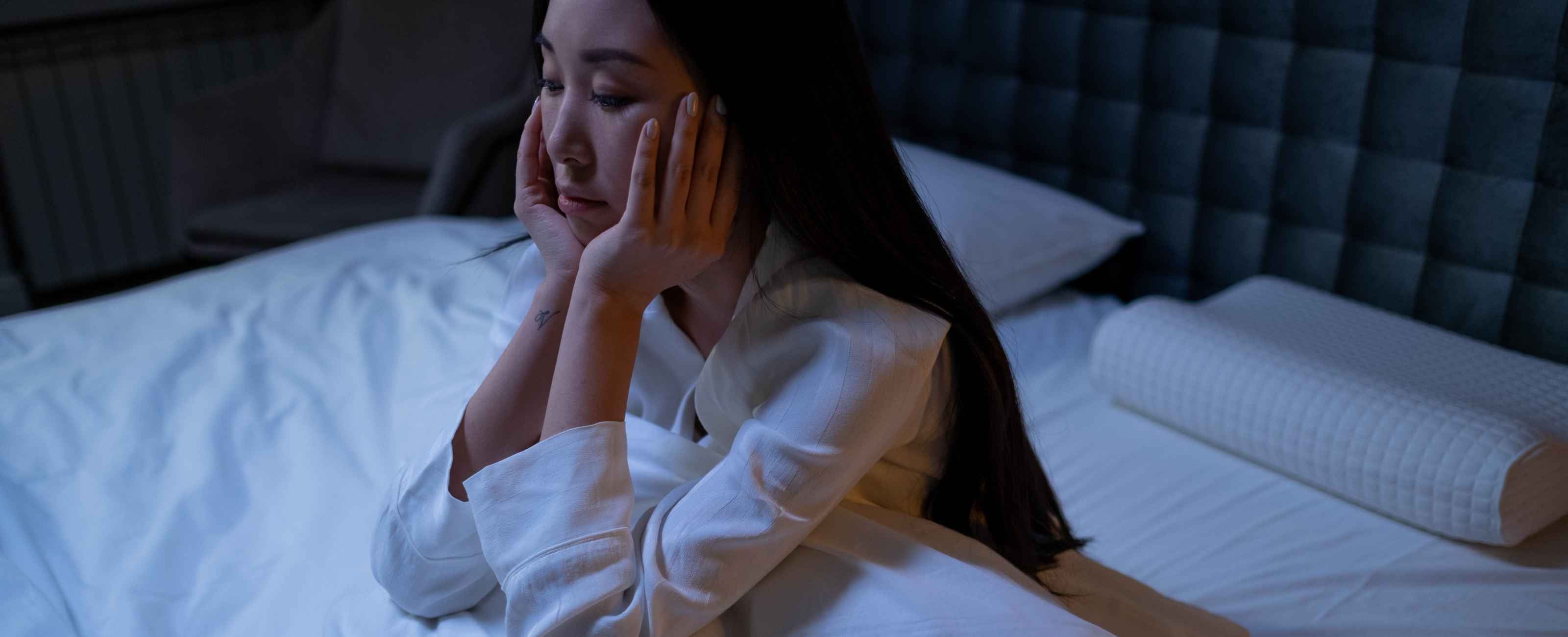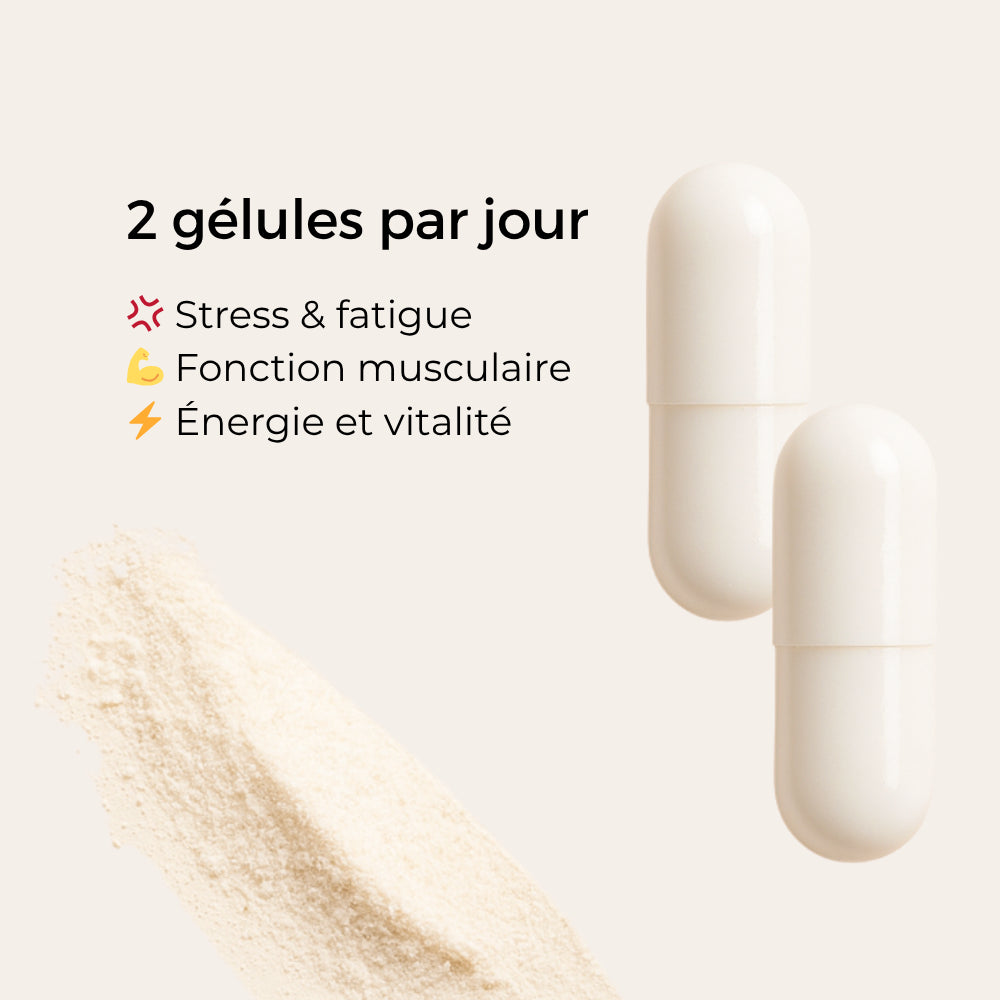
Five tips to combat sleep disorders
According to a study conducted by INSV / MGEN* in 2021, nearly 45% of French people suffer from sleep disorders , and 26% report insufficient sleep quality.
Older people are more frequently affected by these difficulties, but children and adolescents can also be affected. Sleep disorders therefore represent a significant public health issue, with physical, psychological, and social repercussions.

The different sleep disorders
Sleep disorders are varied. Here are the most common:
- Insomnia: difficulty falling asleep or staying asleep, accompanied by fatigue and daytime sleepiness.
- Excessive daytime sleepiness: an uncontrollable need to sleep during the day, with decreased alertness and performance.
- Sleep apnea: repeated pauses in breathing during the night, often accompanied by snoring and micro-awakenings.
- Narcolepsy: sudden and uncontrollable sleep attacks at any time of day.
- Sleep disturbances: difficulty falling asleep, often linked to anxiety or mental rumination.
- Parasomnias: abnormal behaviors during sleep (nightmares, sleepwalking, night terrors) that disrupt rest.

What are the causes of sleep disorders?
Sleep disorders can affect anyone, but certain factors increase the risk: stress , anxiety, chronic pain, exposure to screens before bedtime, or side effects of certain medications.
When they persist, they can lead to fatigue, irritability, decreased concentration, and even depression. They can also contribute to chronic illnesses such as hypertension, diabetes, or cardiovascular disease. Therefore, it is important to consult a doctor if symptoms persist.
To take action on a daily basis and limit the impact of these disorders, here are five simple tips to apply.
Five tips to combat sleep disorders
Here are 5 practical solutions to improve sleep quality naturally :
1) Create a conducive environment: opt for a dark, quiet, and cool bedroom with quality bedding. Light, noise, and excessive heat disrupt sleep.
2) Engage in a relaxing activity before bed: reading, listening to soft music, deep breathing, or a warm bath promote relaxation. Avoid screens, as their blue light blocks melatonin and delays sleep .
3) Eat a light and balanced evening meal: avoid heavy meals that disrupt digestion. Choose foods rich in magnesium (legumes, nuts, bananas, green vegetables) and ensure you stay well hydrated .
4) Maintain a regular rhythm: going to bed and waking up at fixed times helps to regulate the biological clock and stabilize the circadian cycle.
5) Use natural food supplements: certain plants such as passionflower, chamomile, linden or valerian promote relaxation and facilitate falling asleep.
Délicure's natural solutions for better sleep
To support those suffering from sleep disorders, Délicure offers two complementary products:
- Apple-flavored, vegan sleep gummies made in France, containing melatonin, passionflower, linden, and poppy. They promote sleep onset, reduce nighttime awakenings, and improve sleep quality.
- Organic CBD Sleep Oil 1200mg, our natural sleep aid, works in synergy with the endocannabinoid system to reduce stress and promote deep, restorative sleep. Its natural action makes it a gentle alternative to medication.
Complete and effective formulas
Sleep gummies contain calming herbs, melatonin, and vitamins B5 and B6, which contribute to the production of serotonin and melatonin—hormones essential for well-being and rest. CBD oil provides additional support by reducing stress and prolonging deep sleep.
Usage tips
The gummies should be chewed 30 minutes before bedtime. CBD oil can be taken under the tongue, either alone or diluted, for a gradual relaxing effect. In both cases, they should be used as part of a healthy lifestyle and a balanced diet.
Precautions
As a safety precaution, pregnant women, breastfeeding women and people undergoing medical treatment should consult a healthcare professional before starting any treatment.


























